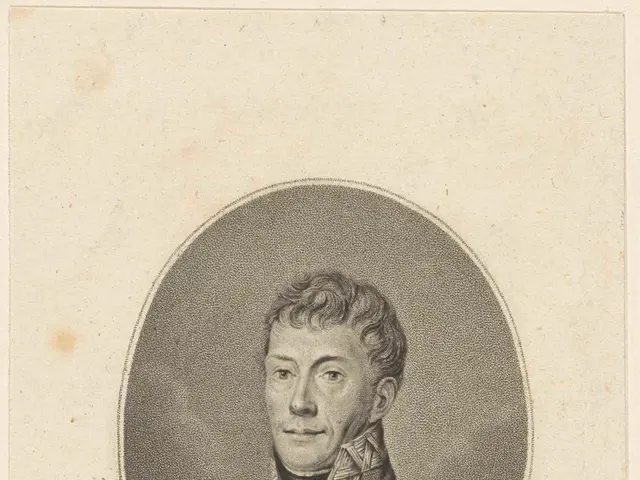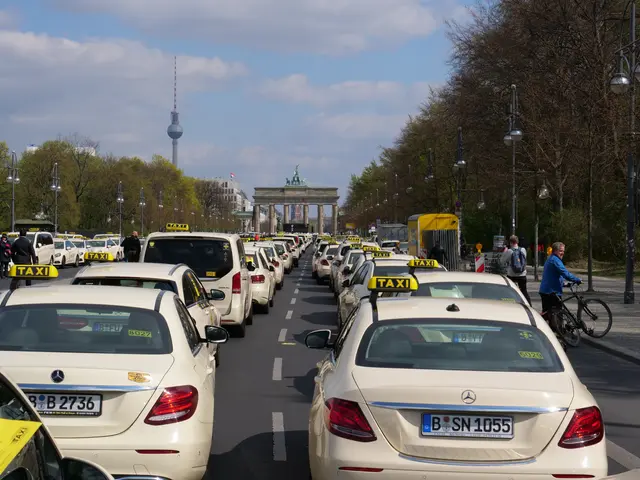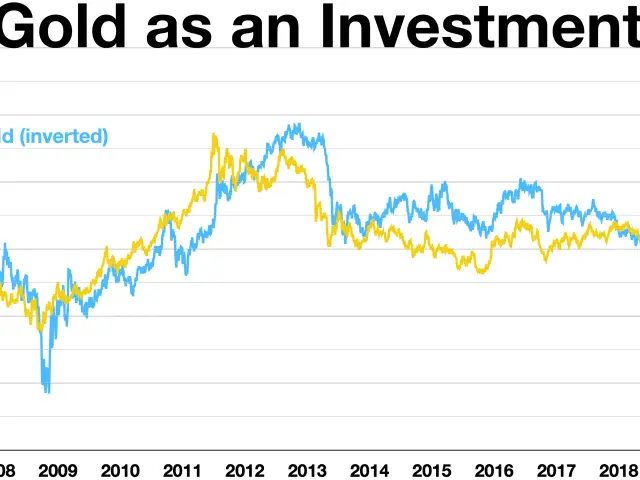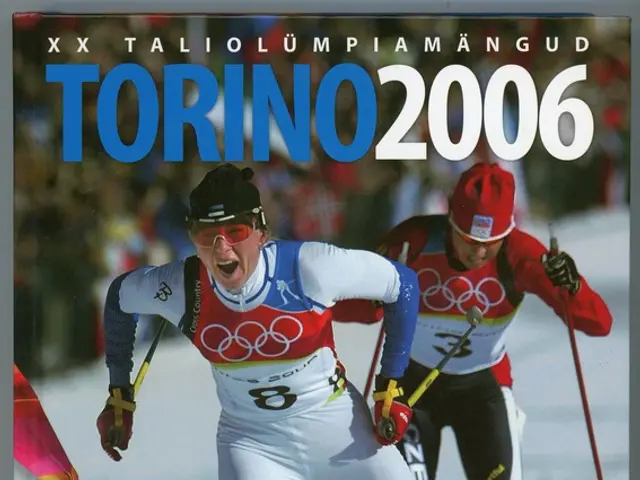Grabbing the Reins: Merz's Unsteady Start as Chancellor, but the Show Must Go On
"Misfortune looms at the outset"
The new German federal government faced a rocky start, with the chancellorship having to be settled in a second round. As the dust settles, tensions remain high, especially between the coalition partners. Maybrit Illner explores these challenges and the potential future collaborations in her upcoming broadcast.
Federal Interior Minister Alexander Dobrindt (CSU) expresses optimism about the improvised coalition's ability to tackle issues and overcome obstacles. He credits their success in forming a government with the participation of the Greens and The Left party. To Dobrindt, this cooperation under trying circumstances is a positive sign that even difficult challenges can be addressed. He prefers addressing challenges early rather than enjoying a honeymoon period only for it to be followed by disillusionment later.
Green parliamentary group leader Katharina Dröge, on the other hand, sees the shaky foundation this coalition has started on. According to her, this unconventional start is not just a lack of trust in Friedrich Merz, but a doubt in the entire coalition. The leaders of the CDU, CSU, and SPD are now tasked with preventing any such incidents in the future.
Political scientist Julia Reuschenberg acknowledges that the coalition has faced some damage, but insists that the crucial point is that the process was democratic.
Considering the Left, Again
Since taking over the Chancellery, Thorsten Frei has suggested reconsidering the incompatibility decision regarding the Left Party in light of the current political landscape. Dobrindt, however, maintains his stance, stating that the Union does not require joint legislative projects with the far-right AfD and that cooperation with the Left is limited to procedural matters only. This decision could potentially cause discord within the coalition.
Refining Immigration Policies
In immigration policy, the new Interior Minister Dobrindt has taken decisive measures, intending to strengthen border controls. This move will result in increased overtime for federal police officers, but some critics argue that train stations may be less secure as a result. Dobrindt also announced that asylum seekers entering Germany through a safe third country could be rejected by the police, except for vulnerable groups like pregnant women, children, and those with demonstrable persecution fears.
This stance on immigration policy has sparked controversy and allegations of European law infringement from opposition parties. Dobrindt, however, maintains that these measures aim to better manage the European asylum situation.
- Alexander Dobrindt (CSU)
- The Greens
- The Left
- CDU
- CSU
- Migration
[1] Berlin Tag & Macht Exclusive: Secret Protocol of the Chancellorship Election (https://www.tagesspiegel.de/berlin-tag-und-macht/bundesregierung/im-geheimen-protocol-chancellesorship-elections-secretly-documented/29754422.html)[2] Merz's Grand Coalition Agreement (https://www.bundesregierung.de/politik/regierungsprogramm-merz-2025735)[3] Reducing Administrative Burdens for Businesses (https://www.bundesregierung.de/breg-de/aktuell/artikel/2087629)[4] Germany Steps into the Future: Implementing a Stronger Social Market Economy ( https://www.bundesregierung.de/breg-de/aktuell/artikel/2074359)
- The European Parliament, the Council, and the Commission may discuss the potential future collaborations of the new German federal government, as the incompatibility decision regarding The Left party has been reconsidered by Chancellor Thorsten Frei in light of the current political landscape.
- Alexander Dobrindt (CSU), the new Federal Interior Minister, has strengthened border controls to manage the European asylum situation, a move that has sparked controversy and allegations of European law infringement from opposition parties.
- In the European Union, the improvised coalition, comprising of the CDU, CSU, Greens, and The Left, has faced challenges due to doubt in the coalition and potential discord, raising questions about the compatibility within EC countries' politics.
- The new Chancellor, Friedrich Merz, and other coalition leaders must address the unconventional start of their government, with Katharina Dröge (Green parliamentary group leader) highlighting the shaky foundation and the need to prevent any such incidents in the future.








